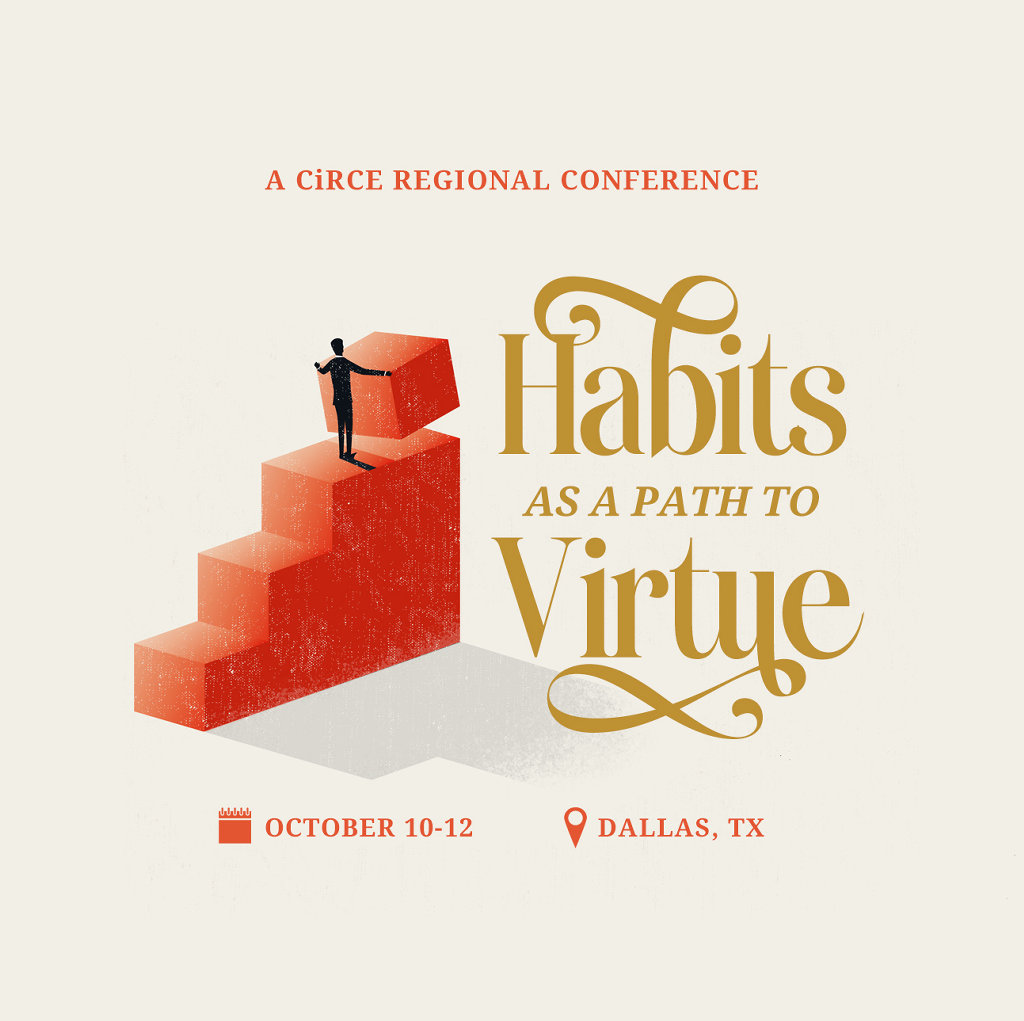Servants and Masters: Navigating Our Relationships with Screens

“‘All things are lawful for me,’ but not all things are helpful. ‘All things are lawful for me,’ but I will not be dominated by anything” (1 Corinthians 6:12). It is lawful to own a smartphone. It is lawful to sign up for a social media account (or five). It is lawful to purchase an XBox Series X. It is lawful to google recipes, synonyms, the cast of Despicable Me, song lyrics, and the team that has won the most Super Bowls (the New England Patriots and Pittsburgh Steelers, for those who care). It is lawful to fire up Google Maps once again for a location visited multiple times this month (not that I write from experience). This article does not intend to question the legality of screens. It intends, instead, to contemplate their helpfulness, their ability to edify, and whether or not we are mastered by our devices.
Once upon a time, questioning the ubiquitous nature of smartphone and social media use was just as socially blasphemous as questioning a man’s right to use a woman’s bathroom. Some would offer the techno critic strange looks and stupefied reactions when the critic warned about the pernicious and addictive nature of screens. Some abused the techno critic, slandering him as a Luddite, mocking him as a techno-alarmist, or dismissing his impressive claims as simply out of touch. Some of this disdain materialized because these early techno critics had poked our society’s newest and most cherished idols.
Much has changed in ten years. Mountains of data and research on the deleterious effects of smartphone and social media use, and multitudinous “I quit social media” op-eds, changed the mood of social media and screen use conversations. These conversations are acceptable and commonplace now. Parents of school-age children are becoming increasingly aware of these devices and platforms. A few are even willing to prohibit their sons and daughters from using these devices. Let us applaud these few, these happy few.
Douglas Wilson, in his book Ploductivity, sets forth the notion that, as we walk around with smartphones in our pockets and purses, we flit through life with 1000 digital servants in our pockets. Part, then, of mastering productivity and faithfully stewarding the riches of the digital age lies in utilizing these 1000 servants effectively and efficiently. Pastor Wilson rightfully recognizes the power of auto-piloting many aspects of our lives through our devices. Yet, a glaring blind spot exists. Many (not Wilson) are in danger of overlooking it. Our 1000 digital servants are poised to become 1000 digital masters.
Many assume that technology is neutral. Their smartphones and social media accounts are simply tools, like hammers, nail guns, and chainsaws. These tools sit there, like any tool in a garage, waiting to be used. Hammers, though, do not vibrate on your toolbelt; nail guns do not ask you to sign up for alerts; chainsaws do not emit a ringtone, nor do they utilize a rewards system to keep you using the chainsaw.
Tristan Harris, former Google engineer and prominent co-star of the Netflix documentary The Social Dilemma, was interviewed by Anderson Cooper on 60 Minutes during a segment titled “Brain Hacking.” In his book Digital Minimalism, author Cal Newport transcribes a portion of the interview.
“This thing is a slot machine,” Harris says early in the interview while holding up his smartphone.
“How is that a slot machine?” Cooper asks.
“Well, every time I check my phone, I’m playing the slot machine to see ‘What did I get?” Harris answers. “There’s a whole playbook of techniques that get used [by technology companies] to get you using the product for as long as possible.”
“Is Silicon Valley programming apps or are they programming people?” Cooper asks.
“They are programming people.” Harris says. “There’s always this narrative that technology’s neutral. And it’s up to us to choose how we use it. This is just not true-”
“Technology is not neutral?” Cooper interrupts.
“It’s not neutral. They want you to use it in particular ways and for long periods of time. Because that’s how they make their money.”
In his book, Newport also notes the emotionally manipulative qualities of social media conversations: “The primacy of anger and outrage online is, in some sense, an unavoidable feature of this medium: In an open marketplace for attention, darker emotions attract more eyeballs than positive and constructive thoughts. For heavy internet users, repeated interaction with this darkness can become a source of draining negativity.” Anyone lurking in the comments section of a YouTube video, following the conversation of a Facebook post, or perusing a viral Twitter thread knows that Newport’s analysis rings true.
Many of the most popular internet conversations feed on anger, outrage, and negativity to fuel their popularity. There’s a reason why YouTubers, news outlets, and influencers utilize clickbait titles that place hot-button buzzwords in all caps – emotional outrage sells. It keeps users (a fitting term) hooked on the product by taking advantage of man’s inherent inclination towards the negative. Once this inclination becomes habitual, it’s a tough cycle to break.
The life of a Christian is not a life characterized by fear, but strength and courage. Let us not respond to the pernicious social engineering of Silicon Valley like a flock of Chicken Littles. Pastor Wilson is right about the 1000 servants, and mature men and women will steward those servants well. They will also teach their children and disciple their students to navigate the digital age innocent as doves and shrewd as serpents.
Let us also not forget the wisdom of Proverbs 22:3: “The prudent sees danger and hides himself, but the simple go on and suffer for it.” Screens and screen technologies present numerous dangers. The average youth spends several hours per day in front of a screen. This includes many of our classical Christian students. We cannot blithely ignore the potential 1000 masters we and our children keep close by. Let us not be dominated by anything.

Jason Modar
Jason rang in the new year in 2016 by marrying his bride, Kelsie. They have four children and reside in a tiny, rural Texas town. Jason teaches humanities in the upper school at Regents Academy in Nacogdoches, TX, and reads, writes, and runs for leisure.









